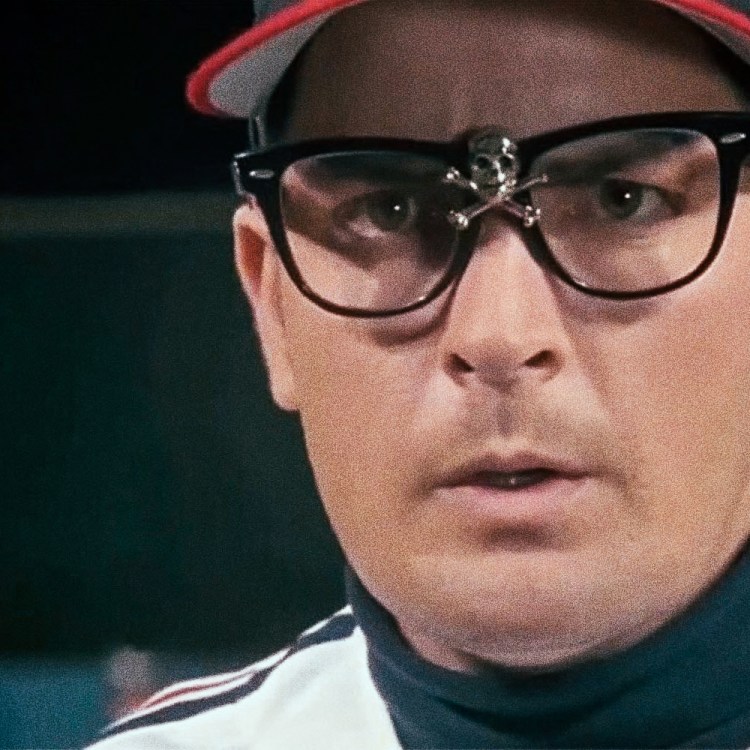Despite the fact that the University of Texas at Austin’s school song “The Eyes of Texas” debuted at a minstrel show, the long-awaited report from the school about the tune has concluded there was “no racist intent” behind the song.
Though the report did find “systemic racial intent existed in the setting and culture where the song debuted,” committee members concluded the motive behind the song itself was parody, not racism.
“Research by the committee has uncovered important facts and historical context, some of which has never been systematically compiled and analyzed until now,” the report states. “These historical facts add complexity and richness to the story of a song that debuted in a racist setting, exceedingly common for the time, but, as the preponderance of research showed, had no racist intent in that it was intended to parody the famous phrases of the university president.”
Chaired by Richard Reddick, UT’s College of Education associate dean for equity, community engagement and outreach, the committee was tasked with researching the song’s history and place in school history.
What Reddick, who is Black, and the 23 other committee members found is “The Eyes of Texas” tells the history of UT, Texas and the United States as a whole.
“This report is not a cudgel to settle a debate. Instead, it is a call to accountability,” Reddick writes. “While many school songs are hubristic statements of pride, ‘The Eyes of Texas’ is a song lyrically that reminds the singer that the best is expected, at all times, from this moment to eternity. Our task as a university community — students, staff, faculty, alumni, friends of the university, and the larger community — is to acknowledge our history in its entirety, understand where we must do better, and chart a plan of action living up to our espoused values.”
It is a disappointing development for those who were hoping the committee would suggest scrapping the school song due its ties to the Civil War and minstrel show debut. But all of the wealthy donors who threatened to pull their support from the school if the song was removed will be happy.
USA Today columnist Mike Freeman is not one of those donors nor is he pleased with the report’s findings.
“In some ways, all of this comes down to a highly simple algorithm: If you needed a report to find out if a song’s origins had racist intent, it probably had racist intent,” he writes. “Just change the damn thing. It’s a song, not a beating heart. Changing it wouldn’t be cancel culture, it’d be recognizing its foul history, and showing respect for the 21st-century Black athlete who, by the way, is the main power source for two huge revenue-generating sports. Changing it is the easy solution. Far easier than writing a self-serving report.”
Thanks for reading InsideHook. Sign up for our daily newsletter and be in the know.

















